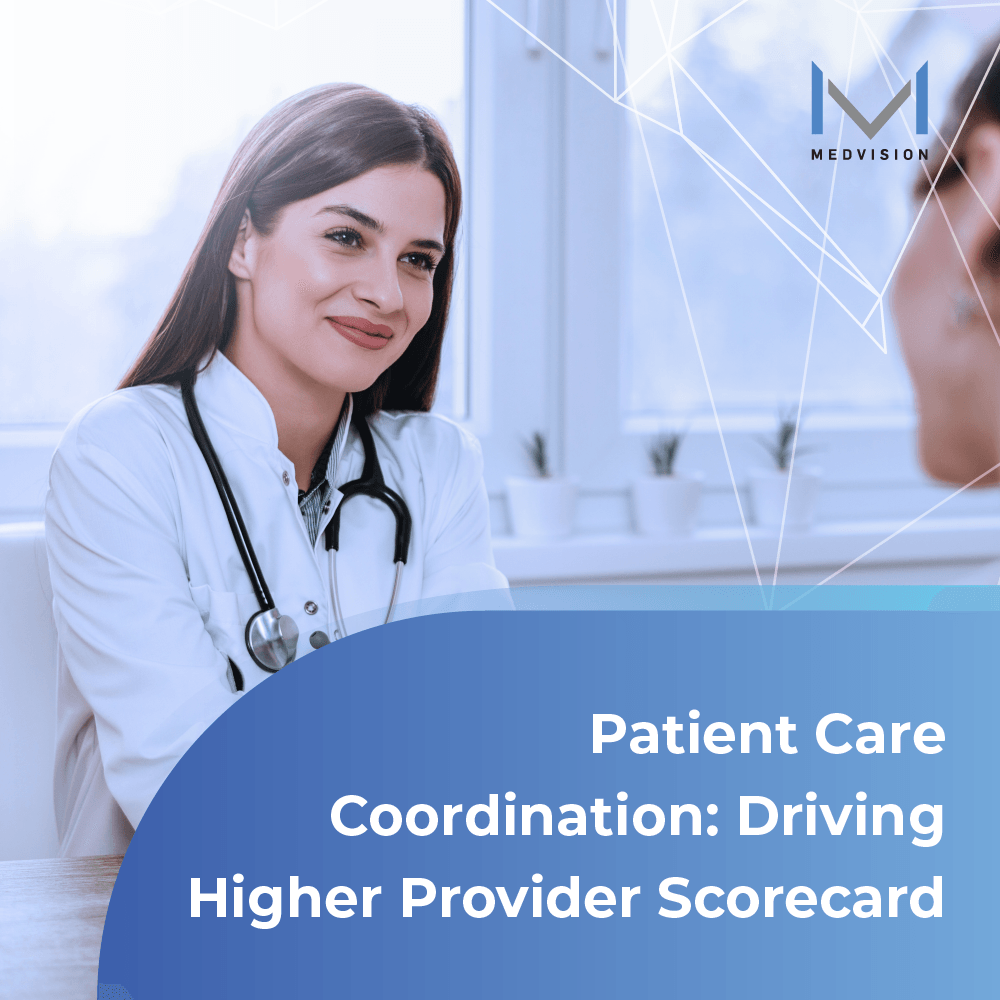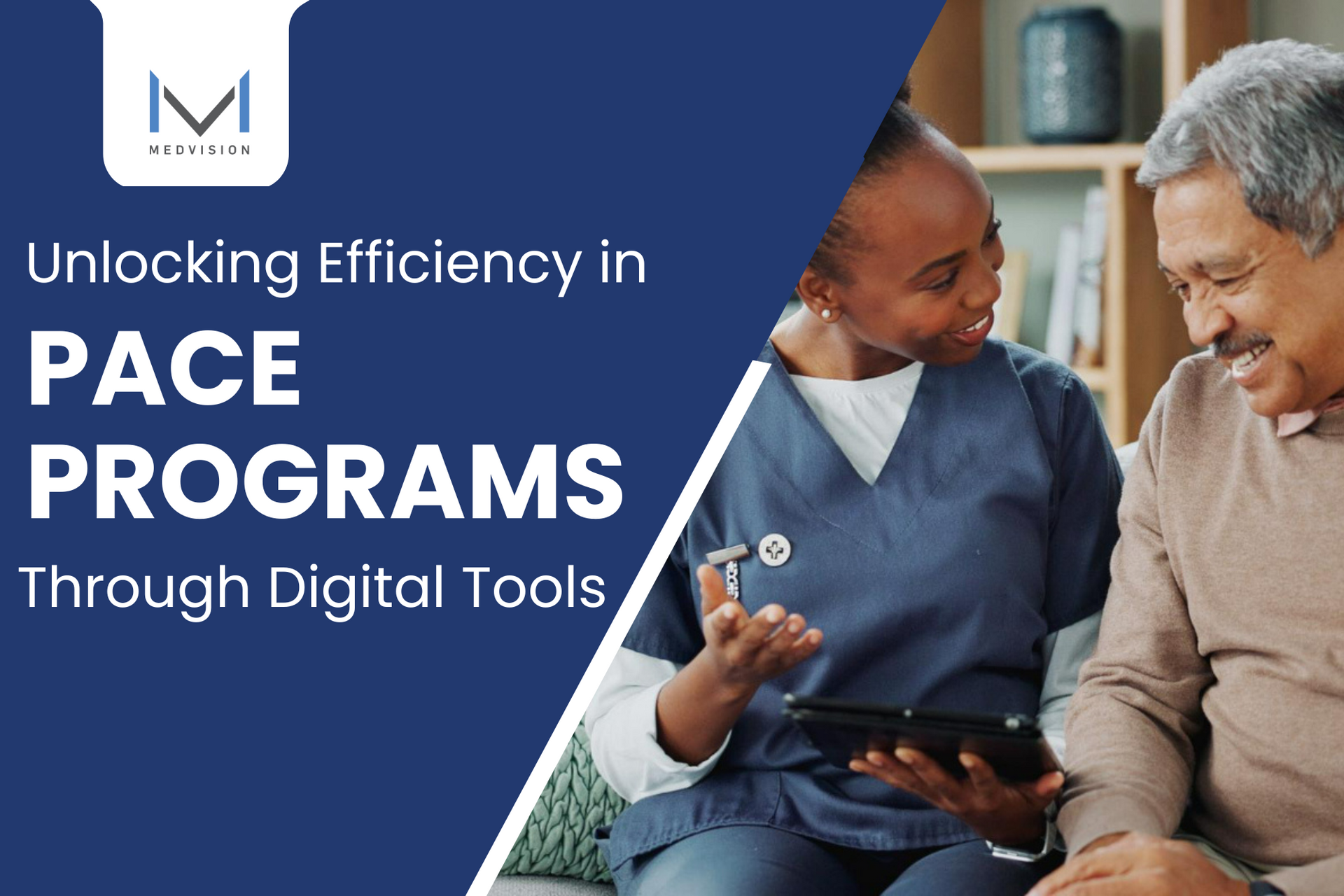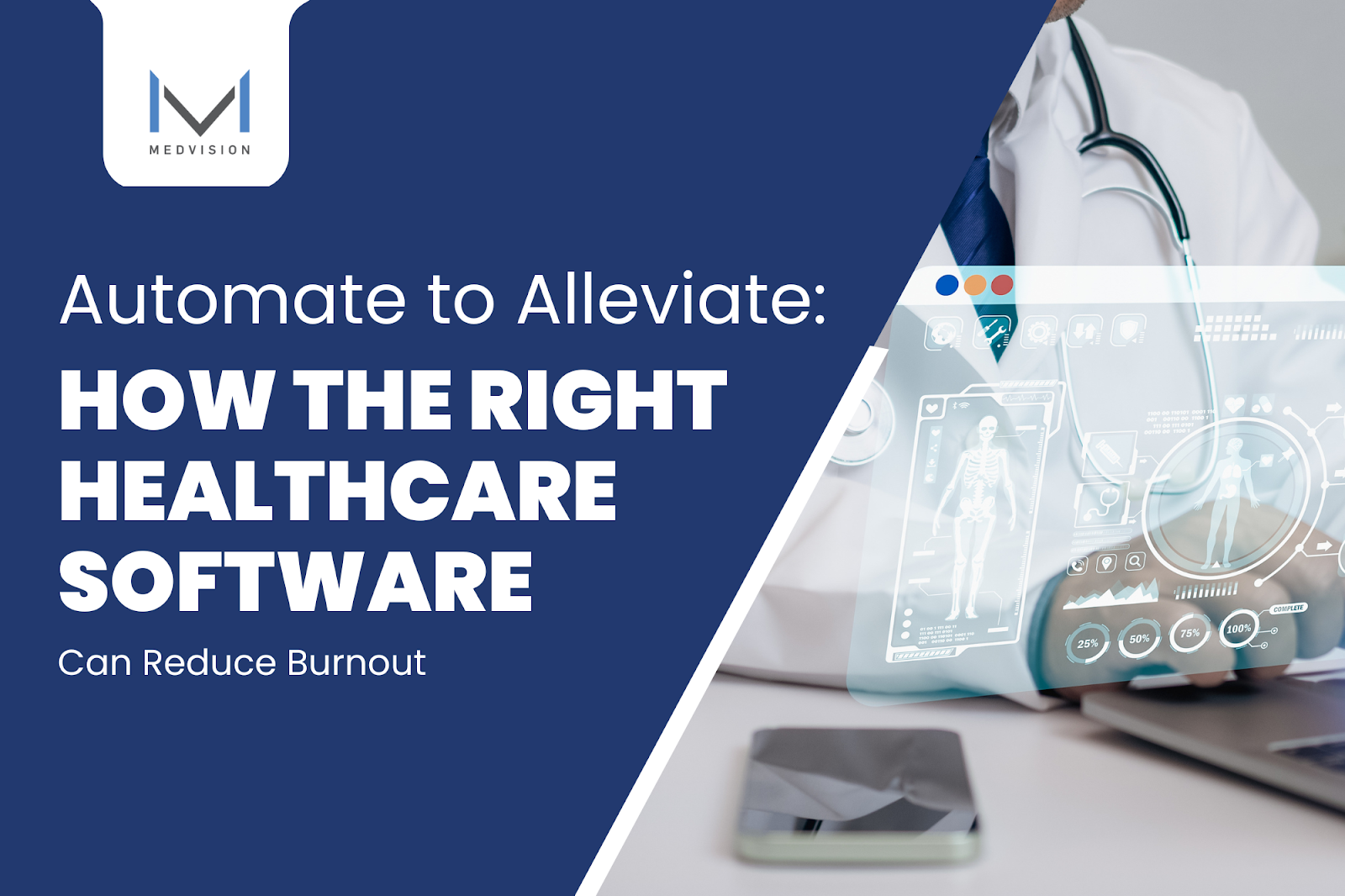Can Care Coordinators Advance Health Outcomes?
Care coordinators are health professionals responsible for managing, organizing, and scheduling patient treatment and maintenance. Most often, they are registered healthcare professionals found in clinical offices, hospitals, and healthcare entities such as Accountable Care Organizations (ACOs) and Direct Contracting Entities (DCEs). Care coordinators link vital care processes to target improved patient outcomes, making them highly essential in the healthcare industry.
The Multidisciplinary Functions of Care Coordinators
The varied nature of care coordinators means that they come from different backgrounds with different functions and responsibilities. Some can focus on non-clinical aspects of healthcare delivery, such as academic, employment, and community organizations. Clinical care coordinators tend to work alongside healthcare professionals in clinical settings, ranging from physician offices to hospitals and specialty facilities. The diverse fields in which care coordinators operate also mean that offered services can start from basic care management to specialized care coordination, such as:
- Program eligibility, enrollment assistance, and patient navigation
- Patient health education and care management
- Clear communication between providers, patients, and families for appointments through culturally competent, linguistically suitable care
- Patient health goal development, coordination, and monitoring
- Case management to handle medication, health care programs, and self-management support
- Care transition support to connect with other community-based organizations for further care delivery

Are There Areas of Concerns in Care Coordination?
Care coordinators offer varying services through multiple forms. It ranges from written materials, electronic copies, counseling, case management, to one-on-one or group training. Despite these methods, health barriers and weak points have been identified that need to be addressed, including:
Organizational Level Services
One of the challenges that care coordinators often face is the functionality of clinical information systems focusing on interoperability technology. This means that the availability and quality of existing healthcare technology is necessary to establish effective care coordination practices. Another concern that affects care coordinators is the resource access for patients. This is vital to identifying available on-site patient needs and requirements.
Interpersonal Level Services
The integration level within a practice is a strong factor when measuring the effectiveness of care coordination. Poor interactions with care providers and outside organizations can be a source of miscommunication. Oftentimes, it results in lower patient outcomes. Providers, patients, and healthcare facilities need to be precise and timely in their communication practices to affect a higher patient outcome.
Individual Level Services
Self-care management can pose a challenge for individuals with health issues such as mobility and chronic illnesses. Because of this, patients can be remiss in taking their required maintenance medication, hospital and clinical visits, or healthcare monitoring.
These identified barriers are important to care coordinators in their healthcare delivery efforts. One particular component tied them all together, which was creating good relationships among care providers, patients, and outside organizations. Open, clear, and timely communication among involved healthcare professionals can strengthen any professional relationship.
Proven Opportunities for Improved Care Coordination
Care coordination requires delicate yet precise communication skills that need to be prompt and appropriate. With that, certain factors have to be considered in order to craft effective and efficient communication methods. Three major factors stand out as tools to keep communication open, constant, and updated.
Engagement
The greatest allies in care coordination are often the care providers that are closely aligned to the daily movements of healthcare. Clear and instant communication can keep professional relationships among providers and patients healthy, resulting in better patient outcomes.
Workflows
Documentation of workflows can help identify the care coordination barriers caused by inefficiencies. This includes everyone involved in the total care process such as providers, case managers, care coordinators, and even social workers. Identifying and resolving the said points of inefficiencies can lead to a more effective standardization within the process.
Technology
Defining inefficient workflows requires more advanced actions through targeted sets of solutions. Technological assessments are inherently vital to any company in order to understand the capabilities and limitations related to care coordination. Care gap prevention is ideal, and defined evaluations of current technological solutions can uncover many strengths and weaknesses they possess.

Stronger Roles for Care Coordinators
Care coordinators bridge the gaps between providers, patients, and outside organizations through concise communication methods to strengthen professional relationships. Clear communication often results in better case management, leading to improved healthcare plan development and monitoring. As vital liaisons between multiple respondents and points of contact, care coordinators benefit from highly-effective communication tools to increase patient outcomes.
With nearly three decades of supporting key healthcare organizations, MedVision has constantly proved to be a proud partner in healthcare innovation. Multiple
organizations have benefited from its integrated value-based healthcare solutions—the QuickCap 7 (QC7). Designed with powerful features, QC7 allows you to monitor and manage patient cases with configurable communication settings. The customizable modules allow your care coordination efforts to improve through:
- Smooth patient case management to assign patient programs, care concerns, and health goals
- Highly-effective communication modules to relay important data to internal users, patients, and providers
- Patient-centric clinical alerts to inform, update, and remind contact points in relation to improved patient health outcomes and goals
- Value-based administrative and operational modules developed for total healthcare process integration
Designed for care coordinators like you, QC7 seamlessly automates all your work processes into a series of streamlined systems. Watch your operations transition from complex segments into interconnected time-saving workflows with a few simple clicks. At MedVision, we guide and support your vision of the ideal healthcare organization while you focus on the benefits.
Transform your care coordination process today.
References:
1. Friedman, Asia, Jenna Howard, Eric K. Shaw, Deborah J. Cohen, Laleh Shahidi, and Jeanne M. Ferrante. “Facilitators and Barriers to Care Coordination in Patient-Centered Medical Homes (PCMHs) from Coordinators’ Perspectives - PMC.” PubMed Central (PMC). www.ncbi.nlm.nih.gov. Accessed May 25, 2022. https://www.ncbi.nlm.nih.gov/pmc/articles/PMC4809054/.
2. Managed Healthcare Executive. “Managed Healthcare Executive.” www.managedhealthcareexecutive.com. Accessed May 25, 2022. https://www.managedhealthcareexecutive.com/.
3. WebMD. “Care Coordinator.” www.webmd.com, June 21, 2021. https://www.webmd.com/health-insurance/terms/care-coordinator.
4. Types of Care Coordinators - Rural Care Coordination Toolkit. “Types of Care Coordinators - Rural Care Coordination Toolkit.” www.ruralhealthinfo.org. Accessed May 25, 2022. https://www.ruralhealthinfo.org/toolkits/care-coordination/2/care-coordinator-model/types.
Explore Related Blogs
Recently published articles
Keep in touch
Subscribe to get the latest update
Trending topics
Share your insights on social media
Upcoming events and company news


















